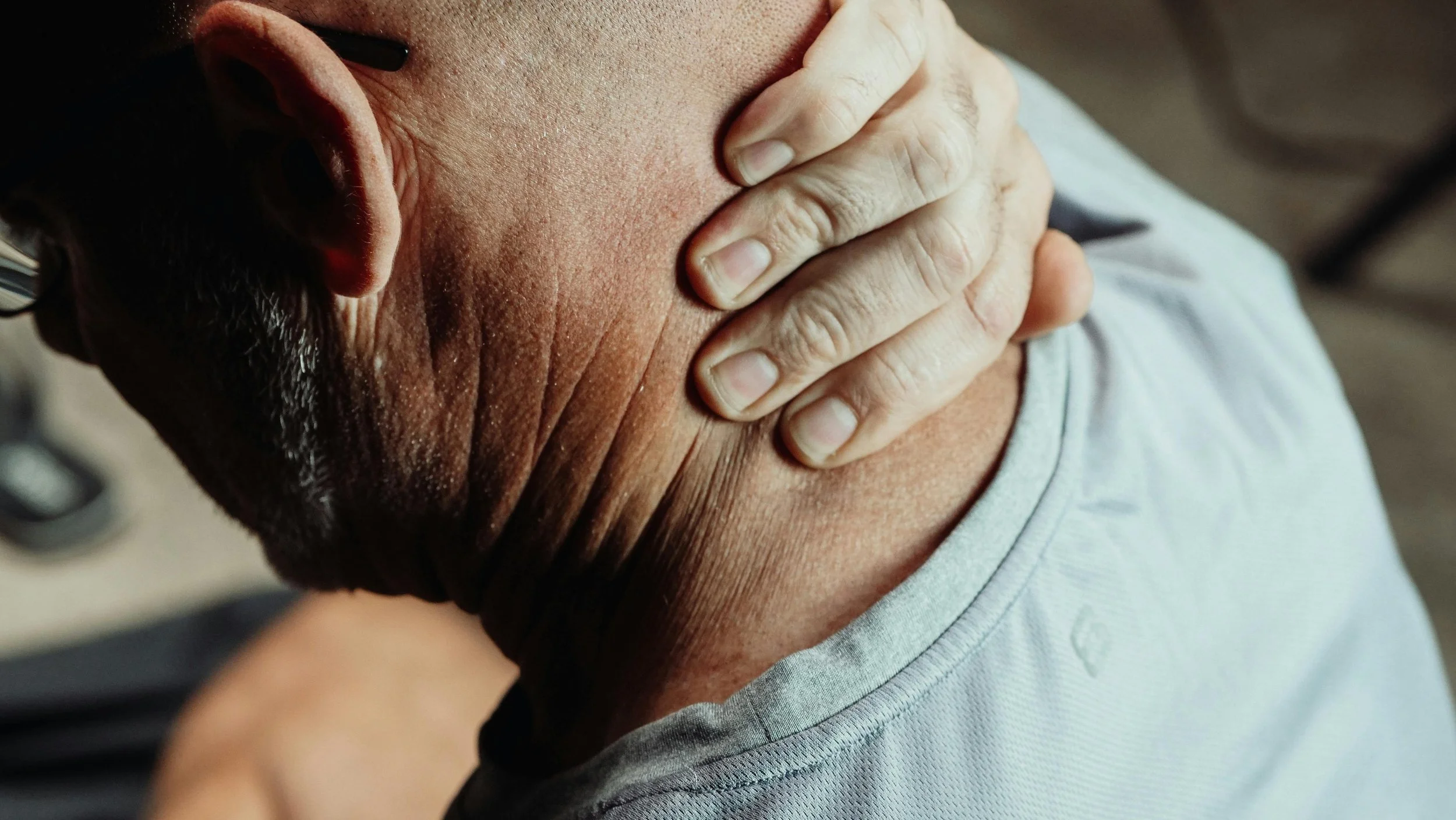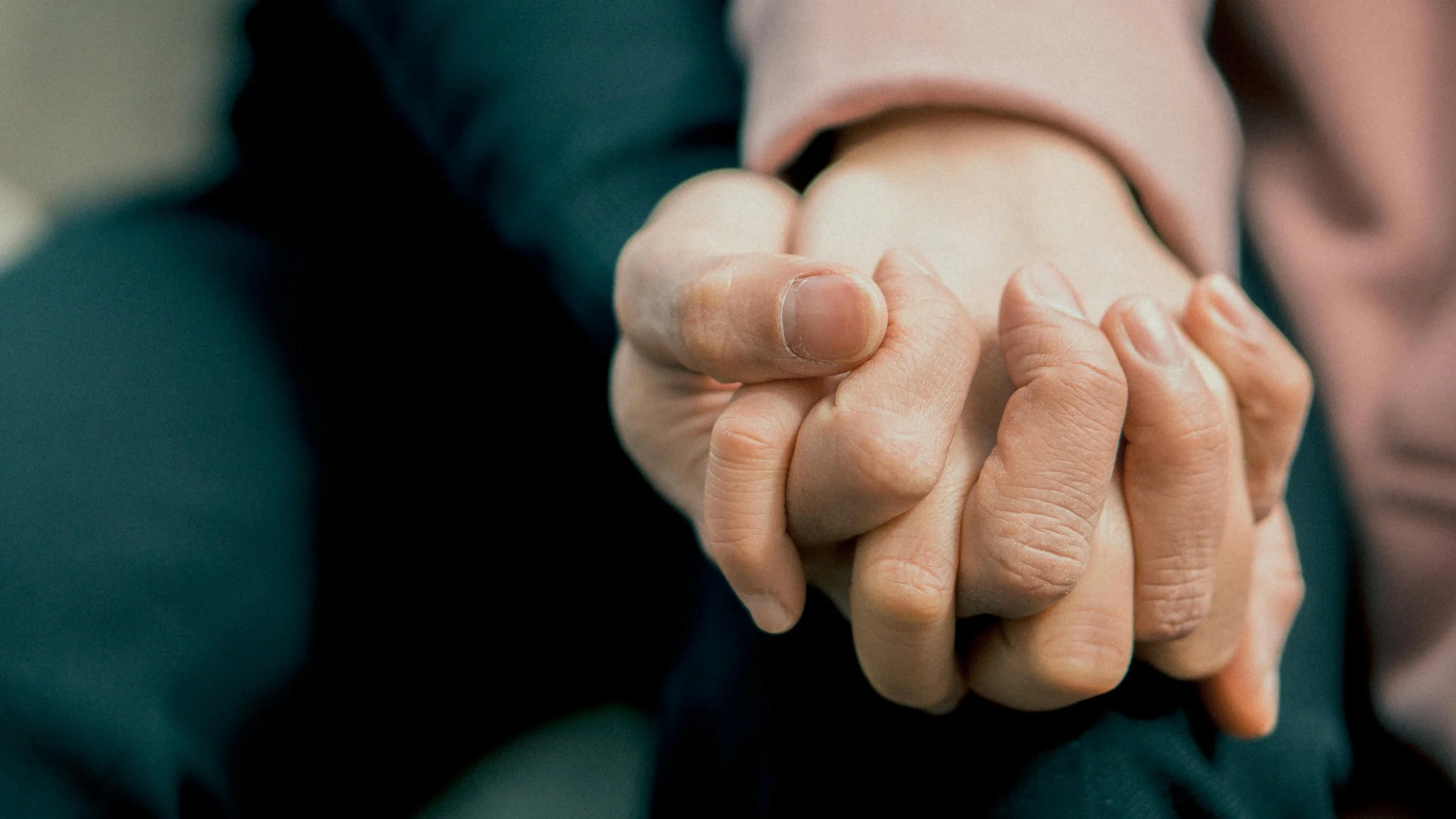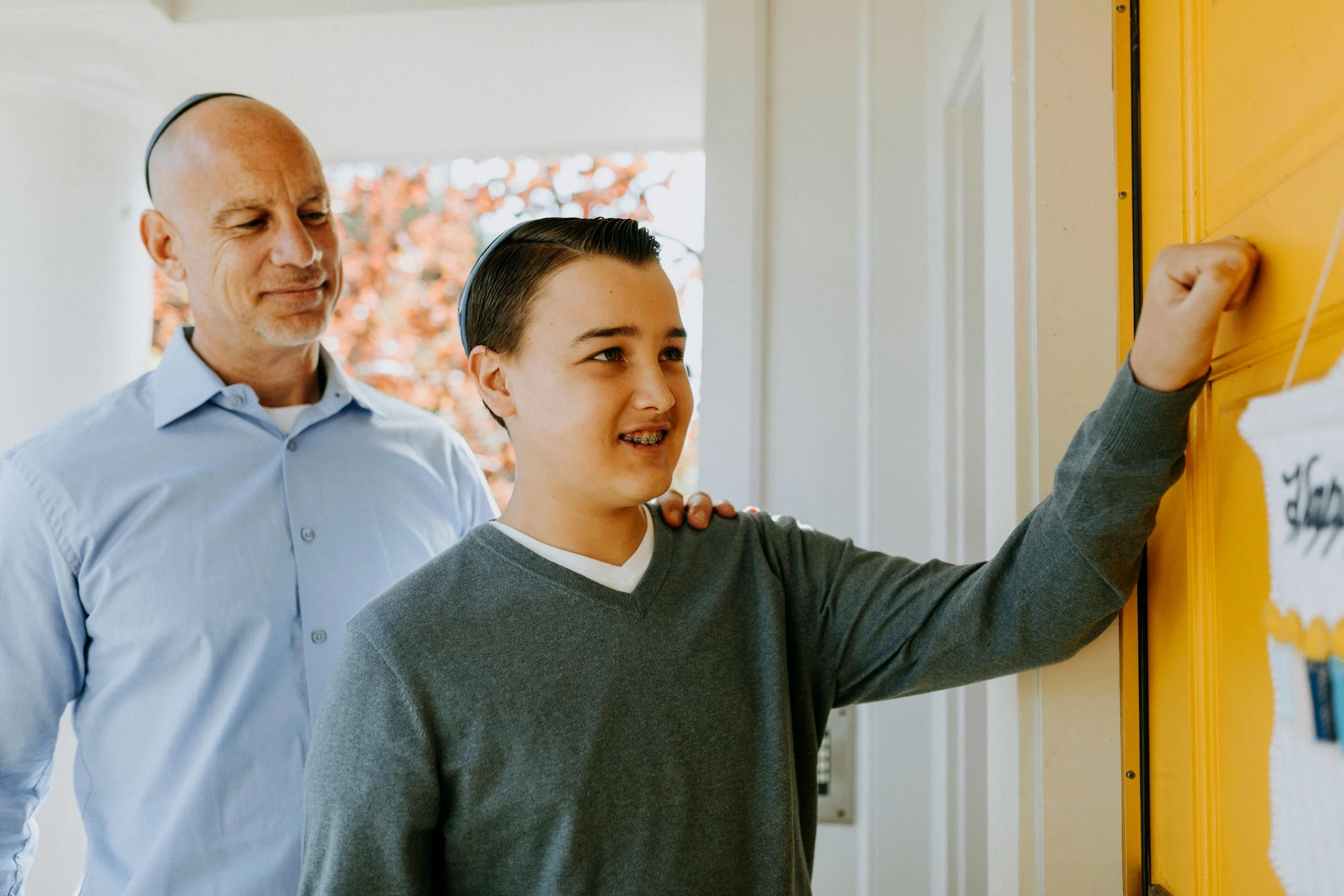
What Happens When Hospice Patients Outlive Their 6-Month Prognosis?
When your loved one entered hospice care, their doctor certified that their life expectancy was six months or less if their disease followed its typical course. But now those six months have passed, or are about to pass, and your loved one is still here. While this might seem like good news, it often creates confusion about what happens next and whether your loved one still qualifies for hospice services.

After the Holiday Visitors Leave: Hospice After the Holidays
The holidays are over and the house has fallen silent. The visitors have returned home. The decorations are packed away. The phone has stopped ringing as often. Cards no longer arrive daily in the mailbox. Everyone seems to have moved on with their regular lives and resumed normal routines, leaving you and your loved one alone in the quiet winter house with hospice care stretching ahead into the gray, empty weeks of winter.

Managing Pain When Cold Weather Makes Everything Hurt Worse
Winter brings a noticeable increase in pain for many hospice patients. The aching that was manageable in summer becomes much worse when temperatures drop. Joints hurt more, old injuries flare up, and overall discomfort intensifies in ways that make cold months especially difficult for people already dealing with serious illness.

New Year's Resolutions When Your Loved One is in Hospice
January arrives with its usual pressure to set goals, make resolutions, and commit to becoming better versions of ourselves. Everywhere you look, people are posting about their plans for the new year, talking about fresh starts, and setting ambitious targets for the months ahead. Meanwhile, you're caring for a dying loved one, running on empty, and barely getting through each day. The disconnect between what everyone else seems focused on and your actual reality feels almost cruel.

Forgotten Traditions of Christmas Past
The hospice patient you're caring for grew up celebrating Christmas in a completely different world than we know today. If your loved one was born between 1940 and 1960, their childhood Christmases looked nothing like ours. They made decorations by hand, waited weeks for a single special TV program, and experienced the holiday magic with far fewer gifts but often deeper meaning.

Winter Storm Prep for Home Hospice Caregivers
Winter weather brings unique challenges for families providing home hospice care. While our winter stroms here in Curry County don’t often bring snow, they can bring heavy rains, fierce winds, landslides, and power outages. When your loved one depends on medical equipment, medications that need refrigeration, or simply the warmth and safety of a functioning home, winter emergencies require advance planning that goes beyond what healthy households need.

Creating a Memory Advent Calendar
Advent calendars mark the days until Christmas with small treats or surprises behind each numbered door. But when your loved one is in hospice care, this December offers an opportunity for a different kind of countdown. A memory advent calendar replaces chocolate or toys with something far more precious: stories, memories, and recorded moments that preserve your loved one's voice and experiences for generations to come.

Planning for the Holidays When You're Not Sure How Your Loved One in Hospice Will Feel
December arrives with its usual rush of holiday planning, but when your loved one is in hospice care, everything feels uncertain. You want to create meaningful holiday experiences while they're still here, but you have no idea whether they'll feel energetic and engaged or exhausted and uncomfortable on any given day. Making plans feels impossible when your loved one's condition and comfort level change unpredictably from one day to the next.

When This Is Your Last Thanksgiving Together
It can be hard if you know this will likely be your final Thanksgiving with your loved one. The knowledge sits heavy in your chest as you plan the holiday, making every decision feel weighted with significance. Should you invite everyone or keep it small? Try to recreate past traditions or create new ones that fit current abilities? How do you make the day special without exhausting your loved one or turning the holiday into a sad, tear-filled farewell?

Recipe Storytelling to Preserve Family History
Thanksgiving recipes carry more than just ingredients and measurements. They hold generations of family history, memories of loved ones who've passed, and stories about how dishes evolved over the years. For families with a loved one in home hospice care, this Thanksgiving offers a precious opportunity to capture these food stories before they're lost forever.

What To Do When Hospice Patients Stop Recognizing Family Members
Few moments hurt more deeply than when your loved one looks at you with blank eyes and asks who you are. After years or decades of shared history, being treated as a stranger by someone you care for deeply can feel like losing them before they've actually died. This loss of recognition is one of the most painful aspects of hospice care, yet it happens frequently as various illnesses progress toward their final stages.

The Home Hospice Medicine Cabinet
When your loved one enters home hospice care, your house quickly transforms into a care center where you need to handle various medical and comfort needs throughout the day and night. Having the right supplies readily available can make caregiving easier and help you respond quickly when your loved one needs comfort or assistance.

What Does an Occupational Therapist Do in Home Health Care?
When your loved one comes home from the hospital or starts to struggle with daily tasks, you may hear the doctor mention occupational therapy. You might wonder what that means. The name can be confusing. Is it about finding a job? Does it help with work skills? Not quite. Occupational therapy, or OT, helps people do the basic things they need to do each day at home.

Hospice Care in Brookings, Oregon
When your loved one faces a life that can no longer be cured, the path ahead seems unclear. You want the best for them. You want them to feel safe and at peace. You want to know what comes next. If you live in Brookings or anywhere in Curry County, you have access to quality hospice care right here on the southern Oregon coast.

Hidden Signs of Grief in Men
When someone we love dies, we expect certain responses. We might anticipate tears, sadness, or withdrawal from normal activities. But grief doesn't always look the way we think it should, especially in men who may have learned from an early age to hide their deepest emotions. Understanding the hidden signs of grief in men can help family members provide better support and recognize when professional help might be needed.

Supporting Teens While Their Grandparent is in Home Hospice
When a grandparent enters hospice care at home, the impact on teenage grandchildren can be… complicated. Teens often feel caught between childhood and adulthood, wanting to help but not knowing how, or struggling to balance their normal activities with family grief. They are also at a difficult in-between place emotionally, where they experience emotions deeper than ever, but may not have the capacity to address or process them in a healthy manner.

Until Death, But Don’t Part: How To Keep Your Personal Relationships Strong While Caregiving
When you're caring for a dying loved one, your marriage often becomes the thing you worry about least. You're focused on medical needs, comfort care, and family dynamics. But hospice caregiving can put enormous strain on even strong marriages, and protecting your relationship during this difficult time requires intentional effort.

Too Many Visitors During Hospice?
Sometimes when the word spreads that your loved one is in hospice care, something wonderful and exhausting often happens at the same time. People want to visit, bring food, offer help, and say goodbye. Their hearts are in the right place, but a steady stream of visitors can quickly become overwhelming for both you and your loved one.

Double-Checking Your Will: A Guide for Hospice Patients
Being in hospice care gives you time to focus on what matters most. For many people, this includes making sure their family will be taken care of after they're gone. If you wrote a will years ago, now might be the perfect time to review it and make sure it still reflects your wishes.

Important Documents Needed During and After Hospice
When your loved one enters hospice care, you're focused on comfort, family time, and making each day as good as possible. The last thing you want to think about is paperwork. But having the right documents ready can save you stress and help things go smoothly when you need them most.